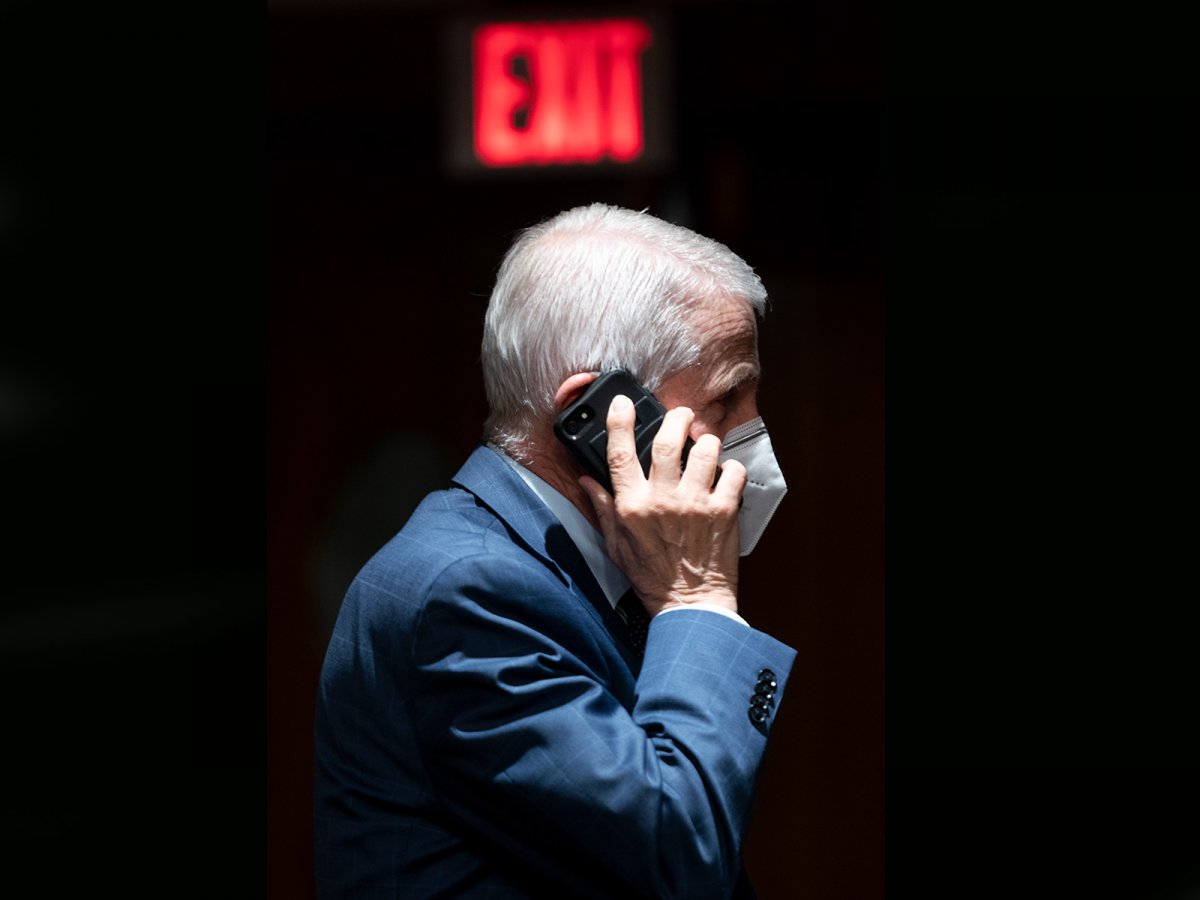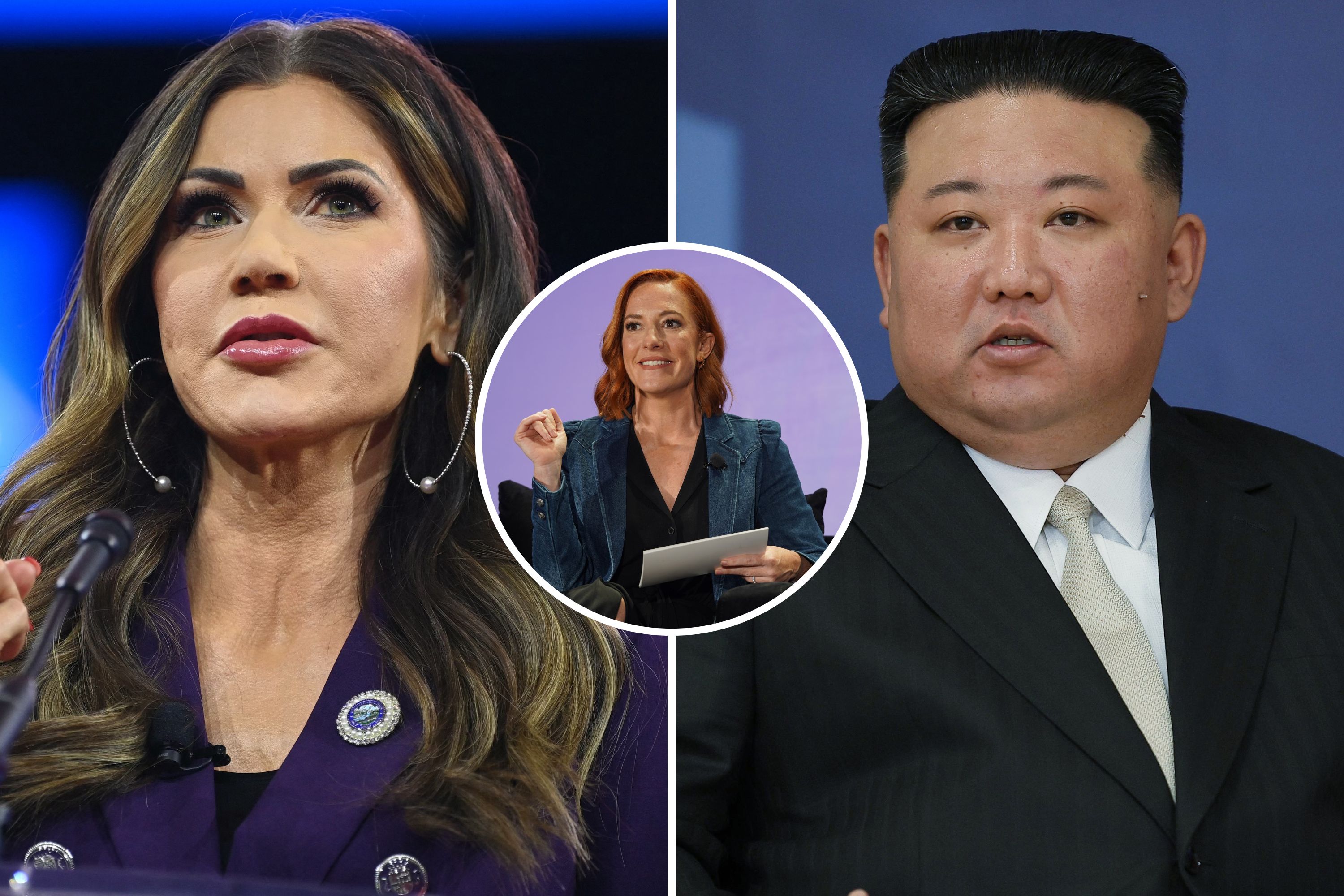Dr. Anthony Fauci, director of the National Institute for Allergy and Infectious Diseases (NIAID), announced on Monday that he'll resign from his position in December.
Fauci, who has advised every president since Ronald Reagan, faced criticism throughout the pandemic for his response to COVID-19. He has been the subject of criticism for his evolving stance on masks and herd immunity, and much of the criticism focused heavily on his early dismissal of the possibility that COVID-19 originated in a lab.
Fauci has stood by his response to the pandemic and in his resignation letter, he said he won't be retiring but will be moving on.
"After more than 50 years of government service, I plan to pursue the next phase of my career while I still have so much energy and passion for my field," he said. "I want to use what I have learned as NIAID Director to continue to advance science and public health and to inspire and mentor the next generation of scientific leaders as they help prepare the world to face future infectious disease threats."

Read Dr. Anthony Fauci's resignation letter:
I am announcing today that I will be stepping down from the positions of Director of the National Institute of Allergy and Infectious Diseases (NIAID) and Chief of the NIAID Laboratory of Immunoregulation, as well as the position of Chief Medical Advisor to President Joe Biden. I will be leaving these positions in December of this year to pursue the next chapter of my career.
It has been the honor of a lifetime to have led the NIAID, an extraordinary institution, for so many years and through so many scientific and public health challenges. I am very proud of our many accomplishments. I have worked with – and learned from – countless talented and dedicated people in my own laboratory, at NIAID, at NIH and beyond. To them I express my abiding respect and gratitude.
Over the past 38 years as NIAID Director, I have had the enormous privilege of serving under and advising seven Presidents of the United States, beginning with President Ronald Reagan, on newly emerging and re-emerging infectious disease threats including HIV/AIDS, West Nile virus, the anthrax attacks, pandemic influenza, various bird influenza threats, Ebola and Zika, among others, and, of course, most recently the COVID-19 pandemic. I am particularly proud to have served as the Chief Medical Advisor to President Joe Biden since the very first day of his administration.
While I am moving on from my current positions, I am not retiring. After more than 50 years of government service, I plan to pursue the next phase of my career while I still have so much energy and passion for my field. I want to use what I have learned as NIAID Director to continue to advance science and public health and to inspire and mentor the next generation of scientific leaders as they help prepare the world to face future infectious disease threats.
Over the coming months, I will continue to put my full effort, passion and commitment into my current responsibilities, as well as help prepare the Institute for a leadership transition. NIH is served by some of the most talented scientists in the world, and I have no doubt that I am leaving this work in very capable hands.
Thanks to the power of science and investments in research and innovation, the world has been able to fight deadly diseases and help save lives around the globe. I am proud to have been part of this important work and look forward to helping to continue to do so in the future.
President Joe Biden put Fauci at the helm of his COVID-19 response, fulfilling a pledge he made on the campaign trail. Although he Fauci's resignation, Biden praised him for his work over the years and reiterated that he had faith in the decisions he made during the pandemic.
The release of thousands of pages of emails Fauci sent and received during the early months of the pandemic heightened skepticism of his ability to lead the response. GOP legislators called for him to be fired, citing that he was untrustworthy because of his changing opinions on the response and connections to the Wuhan Institute of Virology. Conservative commentator Candace Owens took it a step further and advocated for him to face jail time.
One of the main sticking points critics have with Fauci is his initial push for people to not wear masks. In the early days of the pandemic, Fauci advised against mask-wearing for the general public, but by April, he was pushing for everyone to mask up and later said two masks would be even more effective and that mask-wearing could become a seasonal fad.
While critics used this to target Fauci for being a proponent of government overreach, he has made no moves to apologize. He told Insider in July that he doesn't regret telling people not to wear masks early on, in part because of the shortage America saw with personal protective equipment.
He also defended his evolving stance as being rooted in increased knowledge of the virus and how it spreads.
Calls to fire Fauci didn't start when Biden took office and rumors swirled that he would be ousted while former President Donald Trump was still in the White House. Having pushed back against some of the former president's claims about a new coronavirus outbreak, there was speculation that Fauci was pushing Trump over the edge given the president's penchant for loyalty.
For months, Fauci and the White House denied that his position was at risk, but he and Trump regularly traded jabs. At a rally, Trump called Fauci a "nice man," but said he was "wrong on a lot regarding the pandemic."
Days earlier, Fauci told The Washington Post that the U.S. could not "possibly be positioned more poorly" going into fall and winter when people are gathering indoors. He added that the country was in for a "whole lot of hurt" unless there was an "abrupt change" in public health practices and behaviors. His comments were direct contradictions of the president, who said America was turning the coroner and criticized Biden for predicting a "dark winter."
The two also sparred on reopening plans, treatments for COVID-19 and the ability to have a vaccine before the November election. In April of 2020, Trump retweeted a comment that included the hashtag "FireFauci."
At the time, Fauci defended Trump as a man who "listened" to what he and the other members of the task force said and took recommendations when Fauci offered them. However, after Biden took office, Fauci said he felt "liberated" to vocalize his true opinions without repercussions.
Following the announcement of his resignation, some encouraged Republicans to continue to pursue an investigation into Fauci.
Uncommon Knowledge
Newsweek is committed to challenging conventional wisdom and finding connections in the search for common ground.
Newsweek is committed to challenging conventional wisdom and finding connections in the search for common ground.
About the writer
Jenni Fink is a senior editor at Newsweek, based in New York. She leads the National News team, reporting on ... Read more
To read how Newsweek uses AI as a newsroom tool, Click here.






